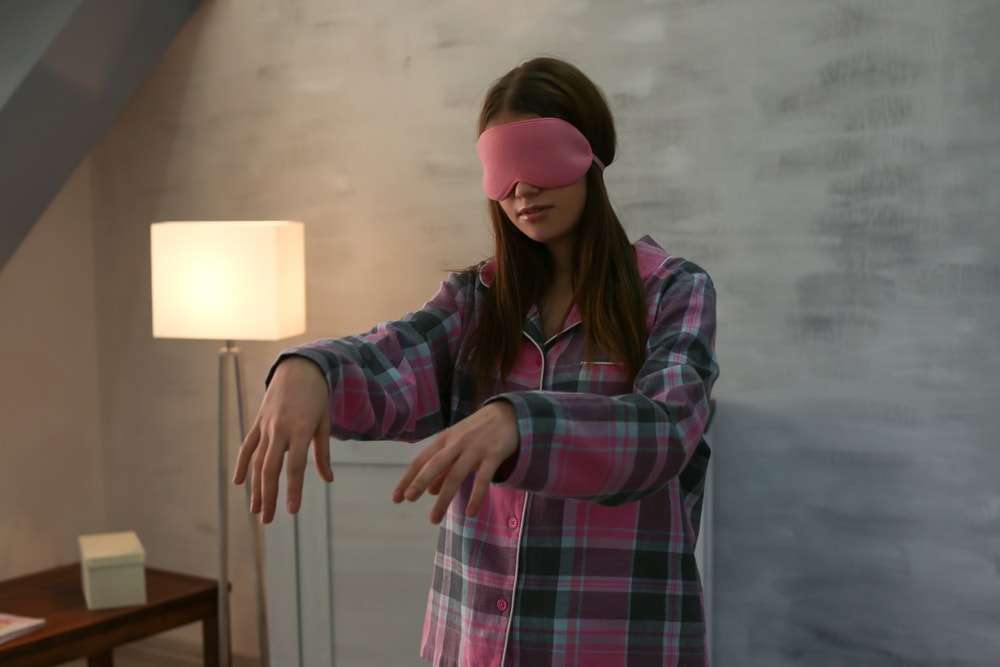Dreaming takes us to other realms. It’s where our brains process our day, our deepest emotions, our fears, and what makes us the most excited. Whether you’re hitting the pillow and can never remember your dreams, or are one of those people that actively practice lucid dreaming, you’re one of the billions of people on this planet who enter Dreamland on a nightly basis (or, you’d hope a nightly basis). But dreaming isn’t necessarily what you think it is… There’s a lot more to it than meets the eyelids.
Just because you dream a certain way doesn’t mean the next person does. Some people sleepwalk, others experience sleep paralysis, and others dream in black and white. We’ve discovered some unreal facts about dreaming that’ll make you rethink every night of your life. Next time your head hits that pillow, take a moment to appreciate your brain and everything it’s about to process.

Sleepwalking
Whether it’s in the movies or a book, we’ve all heard of sleepwalking. Despite its popularity, it’s quite rare to sleepwalk. It’s actually considered a sleep disorder. Because people sleepwalking acts out their dreams, which are representations of what happened in real life, sleepwalking can be dangerous and even deadly. If you dream about jumping through a window, then the sleepwalker will attempt to do something similar. When the system keeping you asleep fails, which occurs right before REM sleep, people will sleepwalk. Also, you should wake up a sleepwalker. It’s not dangerous, as we’re led to believe (The Minds Journal)
